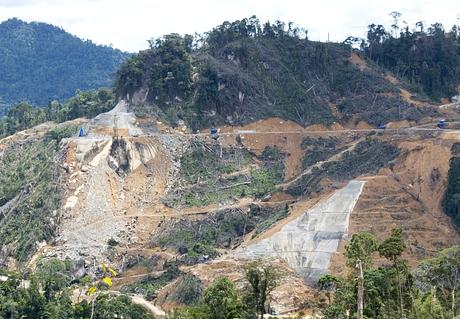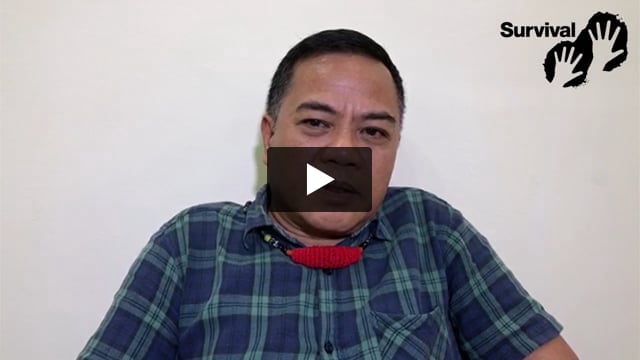Borneo dams chief under media scrutiny
February 24, 2010
 © Survival
© SurvivalThis page was last updated in 2010 and may contain language which is now outdated.
The CEO of the company overseeing a massive dam project on Penan tribal land in the Malaysian part of Borneo has come under scrutiny in his native Norway over violations of Indigenous rights.
Norway’s Dagbladet newspaper questioned Sarawak Energy CEO Torstein Sjøtveit about the impact the project would have on the Penan. Sjøtveit claimed the Penan had been consulted, and that his company was complying with UN rules.
The UN states that developments on Indigenous peoples’ land may only take place with their free, prior and informed consent. But the Penan affected by the Murum hydroelectric dam say they have been told they have no choice but to leave their land.
Dagbladet quotes a Penan man named Matu: ‘Those who want to take over our land… will not allow us to fish, hunt or collect berries and plants.’
Sjøtveit told Dagbladet that 1,350 people would be affected by the Murum dam project. He continued, ‘We are facing a dilemma between the need for development of the resources of the wider society and the wishes of the Indigenous people to stay and live where they are.’
In September, six Penan and nine other Indigenous people were arrested while trying to hand in a statement about their opposition to the dams to the office of Sarawak’s Chief Minister.
The Human Rights Commission of Malaysia, in a report on the Murum dam project, notes, ‘Instead of giving options to the Indigenous communities on whether or not to be resettled, the ‘consultations’ were carried out by the Government was [sic] only used as a mechanism to inform the communities of the Government’s decision and its impact towards those communities.’
The Murum dam is the first in a new series of large-scale hydroelectric projects being planned by the Sarawak state government, which will displace thousands of Indigenous people. Critics in Malaysia have argued that the dams are superfluous to Sarawak’s energy needs.
Penan who were resettled to make way for Sarawak’s existing Bakun dam are unable to hunt or gather, and find it difficult to grow enough food on the small plots of land provided for them.



